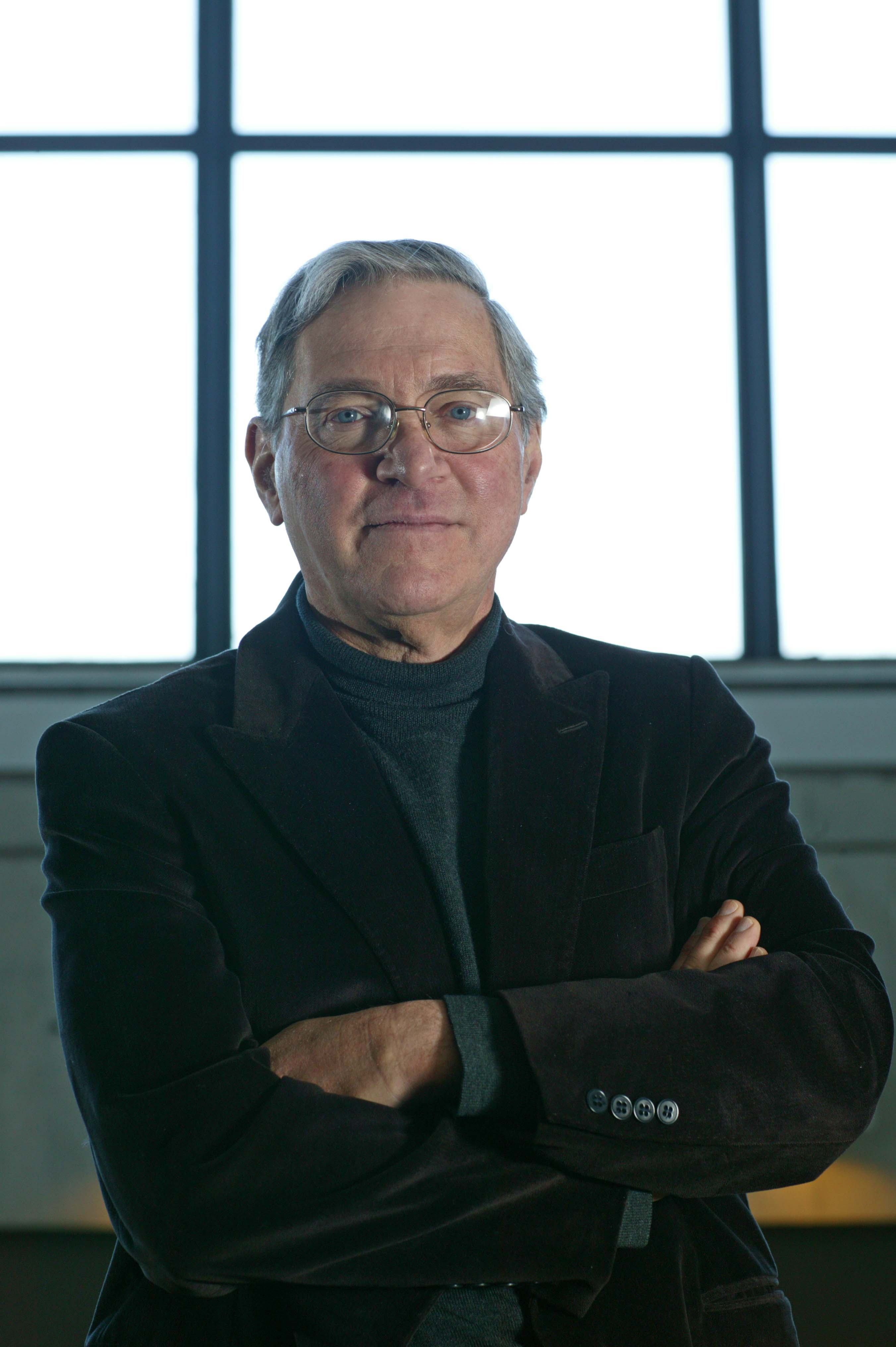Michael Klare
Climate Change, Inequality, and
Conflict
Monday, November 2, 2015, 7:00-8:45 PM, Olin 115
The discussion dinner preceding the talk, at 5:30 PM, will be at the
Sorum Minerva House.
|
Climate change will affect virtually all nations and people of the Earth, mostly to their detriment. But the effects of climate change will not be felt evenly: some areas and peoples will experience more punishing effects than others. Sadly, people who are already suffering from poverty, discrimination, and political marginalization are more likely, on balance, to suffer from climate change than people with greater access to wealth, rights, and power. This is so because targeted groups are often forced to live and work in environmentally sensitive areas and are denied access to government services and relief supplies. To make matters worse, the dividing lines separating those experiencing less or greater degrees of harm from climate change often correspond to pre-existing ethnic, racial, and religious divisions that are themselves a source of friction and resentment. There is great danger, then, that the differential impacts of climate change will inflame existing social divisions, leading to conflict over land, water, housing, and other critical resources. Michael Klare is the Five College Professor of Peace & World Security Studies, a joint appointment at Amherst, Hampshire, Mount Holyoke, and Smith Colleges and the University of Massachusetts Amherst. He is the author of 14 books, including Resource Wars, Blood and Oil, and The Race for What's Left. |
 |